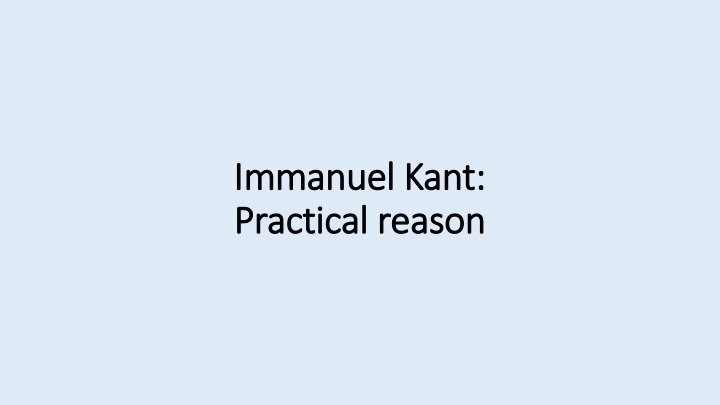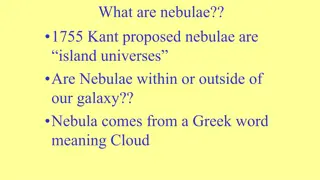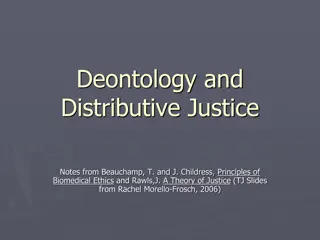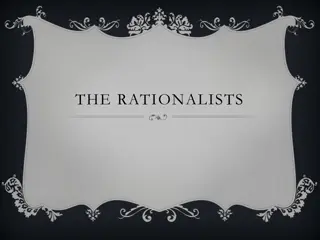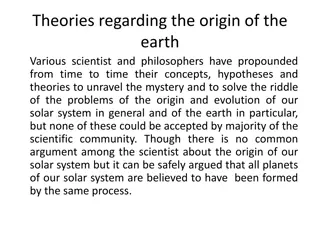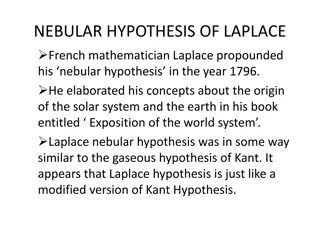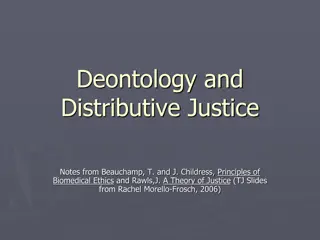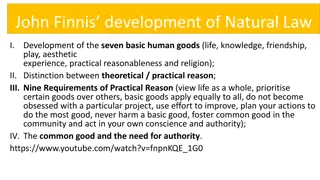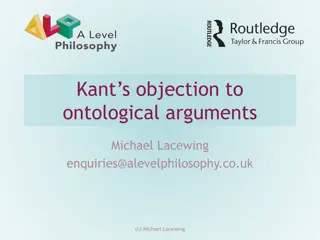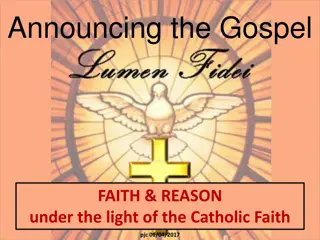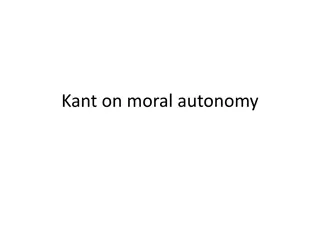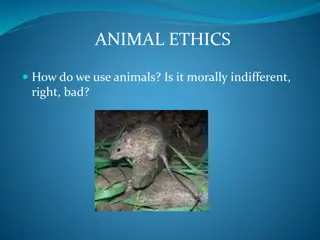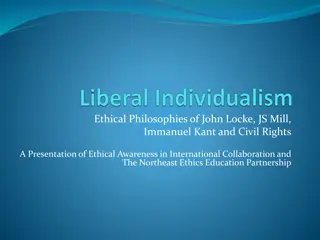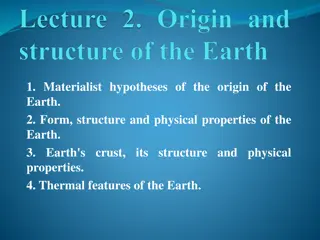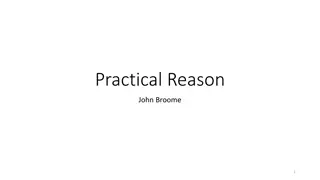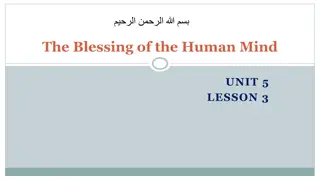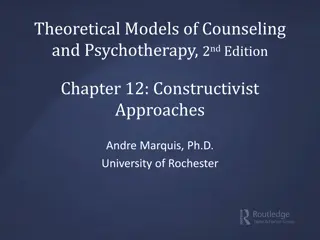Immanuel Kant: Practical reason
In Immanuel Kant's philosophical perspective, practical reason guides moral behavior, distinguishing humans from mere natural mechanisms. He explores the concept of noumenon, the essence beyond what appears to us as phenomenon. Kant discusses how moral law transcends mechanical nature, highlighting human capacity to act morally and perceive the noumenic aspects within. The Categorical Imperative emphasizes the unconditional nature of rational will, while the Hypothetical Imperative introduces conditional commands based on rational will. Kant's ideas challenge traditional notions, inviting reflection on human agency, moral choices, and understanding of the supernatural within.
Download Presentation

Please find below an Image/Link to download the presentation.
The content on the website is provided AS IS for your information and personal use only. It may not be sold, licensed, or shared on other websites without obtaining consent from the author.If you encounter any issues during the download, it is possible that the publisher has removed the file from their server.
You are allowed to download the files provided on this website for personal or commercial use, subject to the condition that they are used lawfully. All files are the property of their respective owners.
The content on the website is provided AS IS for your information and personal use only. It may not be sold, licensed, or shared on other websites without obtaining consent from the author.
E N D
Presentation Transcript
Immanuel Kant: Immanuel Kant: Practical Practical reason reason
NOUMENON NOUMENON: : is is the ever ever know know, , we we can t can can see see it it as as it it appears the Essence Essence, , something can t ever ever know knowthe appears to to us us( (PHENOMENON PHENOMENON) ) something we the thing thing in we can t can t itself, , but in itself but we we E.g. Brightness and sun but the brightness and its effects. we can t see the light,
We can percipe something noumenic in ourselves Human beings have something which is above nature: MORAL BEHAVIOUR If we were completely made of natural mechanisms, we would always not unavoidably follow our desires: there is something inside of us above Nature. Moral law is stronger than mechanical Nature Since we can choose to act morally (to behave in a way no one could reproach), in human beings there is something SUPERNATURAL
E.g. we can collect money for a foundrising and be willing to steal them for a personal need or interest, but still decide not to do it just for a moral reason, putting aside every personal aim. Something noumenical is in our inner world vs categories that show us a mechanical nature (cause effects) Still we can t assert that something noumenic is inside of us, but we can percipe it.
CATEGORICAL IMPERATIVE: its a command to us to exercise our wills in a particular way, not to perform some action or other. It is categorical in virtue of applying to us unconditionally, or simply because we possesses rational wills, without reference to any personal aim. E.g. Freedom of acting for (universal) is personal aim HYPOTHETICAL IMPERATIVE: A hypothetical imperative is a command that also applies to us in virtue of our having a rational will, but not simply in virtue of this. It requires us to exercise our wills in a certain way given we have antecedently willed an end; it s a command in a conditional form, but not any command in this form counts as a hypothetical imperative in Kant's sense. E.g. if you're happy and you know it, clap your hands! is a conditional command. But the antecedent conditions under which the command clap your hands applies to you does not posit any end that you will, but consists rather of emotional and cognitive states you may or may not be in. Maria Chiara Matarese, Federica Biscardi, Simona Barbato, Aurora Moffa, Francesca di Stefano e Rosanna Falcone, IIA
